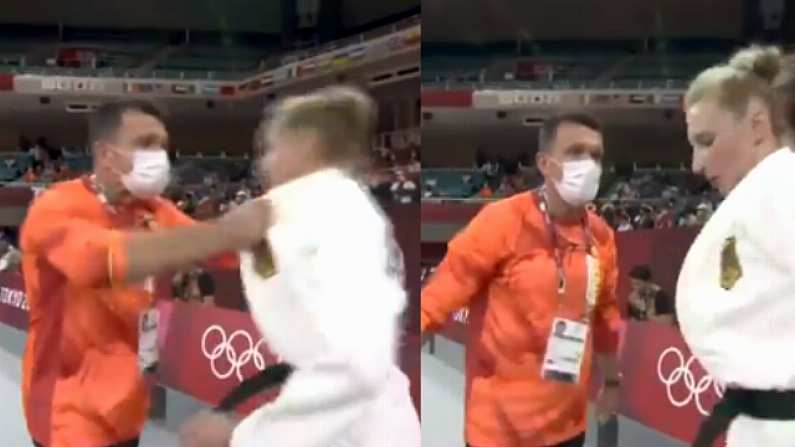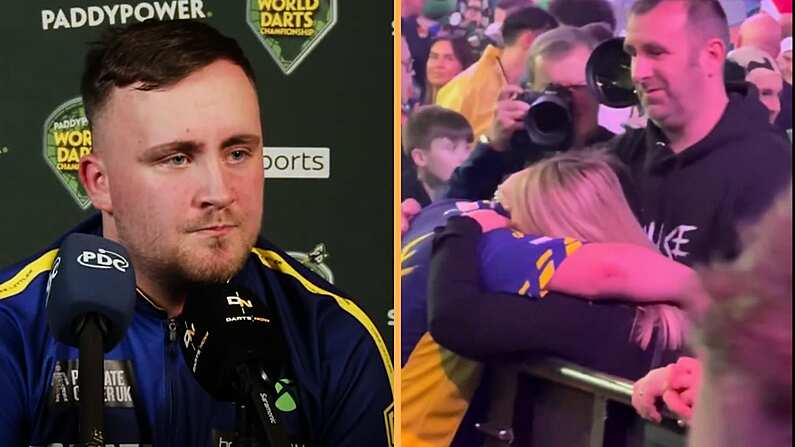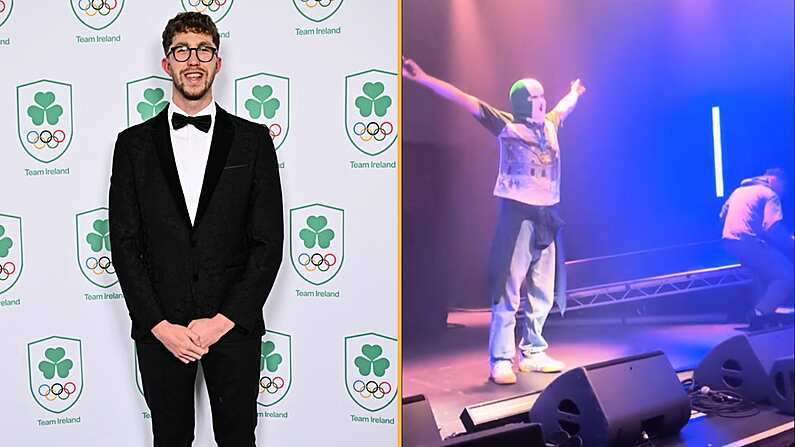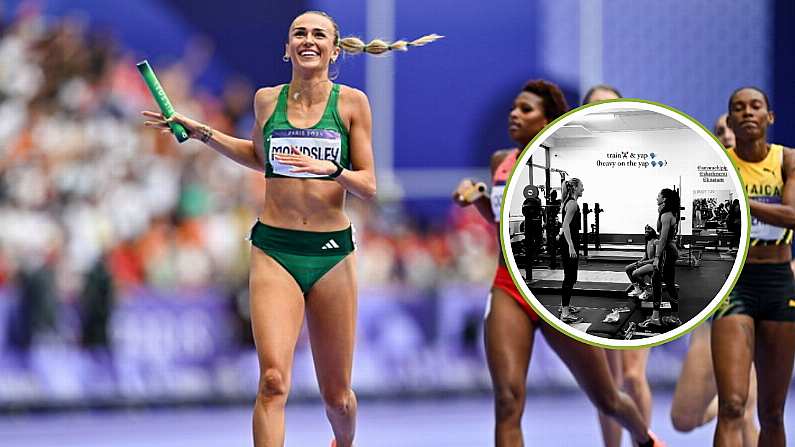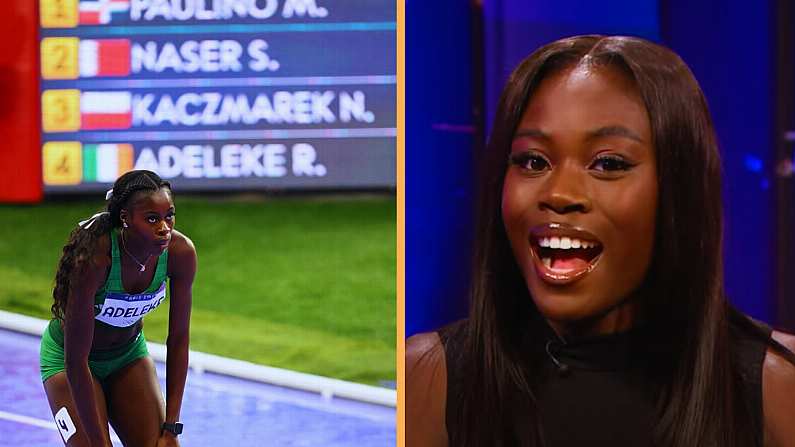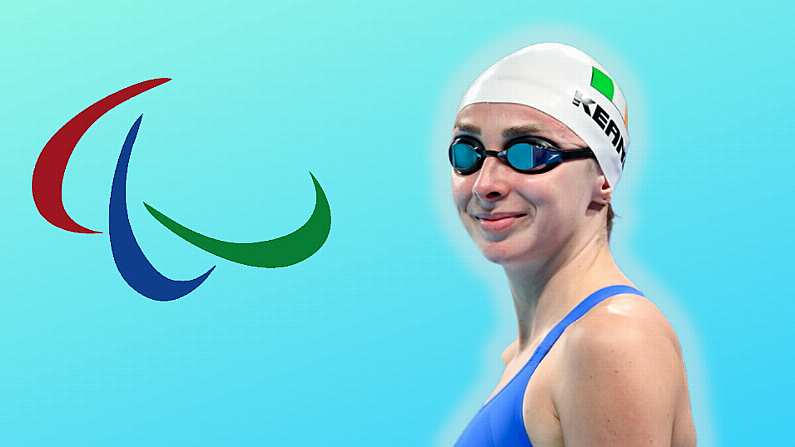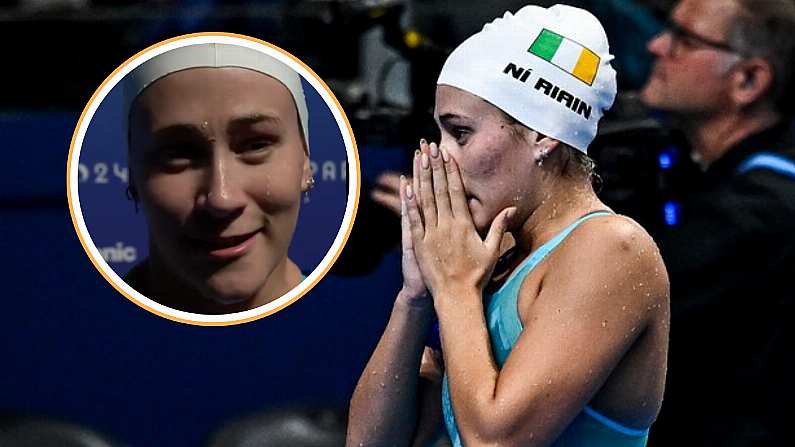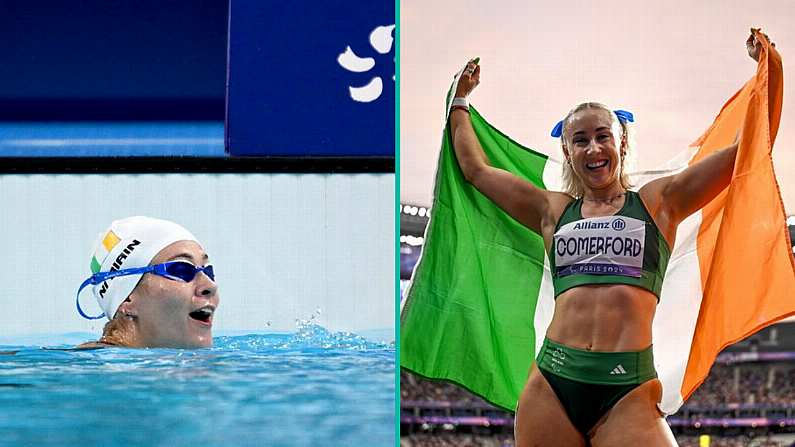The Olympics have offered up many inspirational stories over the past week, but on Tuesday we witnessed the agonising psychological toll they can take on participants.
The sublime Simone Biles - who is in Tokyo with a purpose far greater than sport - withdrew from the team event of the gymnastics. Naomi Osaka was knocked out of the women's tennis a few days after lighting the Olympic torch. She did not seem anywhere close to her best.
Then there was one of the strangest sequences we can ever remember seeing at the Olympics: German judoka Martyna Trajdos was shaken by her coach Claudiu Pusu and then slapped in the face before starting her event.
The scene was captured on camera and went viral. It caused widespread outrage to those unfamiliar with judo.
¿Inapropiado?pic.twitter.com/CNspsOSlrJ
— Manu Torralba COPE 📻 (@TorralbaCOPE) July 27, 2021
After losing to her opponent, the 32-year-old went to social media to clarify that the slapping is part of a pre-fight ritual that helps 'fire her up' and prepare for combat.
We're armchair commentators here and know nothing about the competitive intensity required for elite judo. That said, we feel the sight of a man pushing and slapping a woman in the moments before her Olympic judo contest is something that simply shouldn't go on. There have to be other ways to 'fire up' fighters.
It's telling that Trajdos received the widespread support of fellow fighters on social media while viewers on social media who know nothing about judo were horrified. There's a clearly a gulf in understanding between people who make their living through combat and those who don't. But, allowing for this, we stii think there are fundamental questions to be asked about whether a man should be allowed to hit a woman for any reason at all. The video clip is upsetting to watch and seen by most out of context as a man assaulting a woman, who simply absorbs the punishment and moves on. The Olympics, as a global sporting movement, has a responsibility both to its athletes and to the millions of people who watch at home, especially young female viewers who need to know that sport is a safe space.
Especially during a week when Joey Barton and Shannon Frizell are in the public eye in relation to allegations of violence against women, it's a reminder that sport also has a broader duty in the images it projects of itself.
We accept that those involved in combat sport will patently disagree with this opinion. But, to us, just because someone allows for this to happen doesn't make it right. It's not something that should be broadcast at the Olympics.

